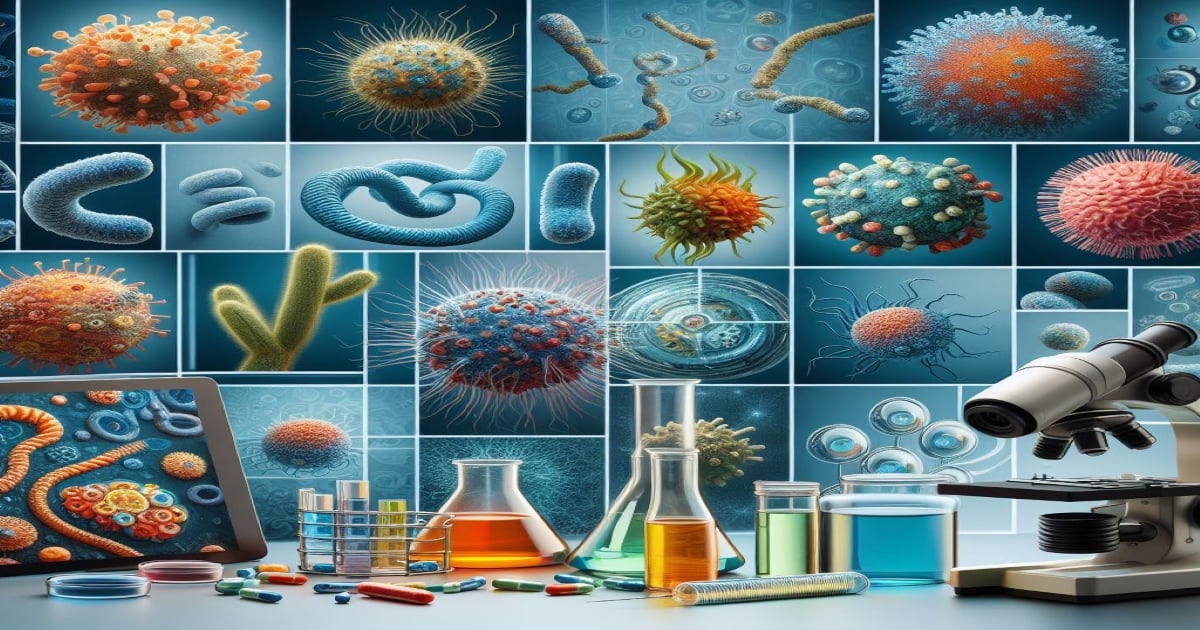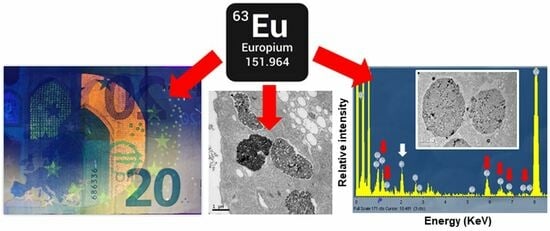Feature Papers in Microbial Biology
A topical collection in Biology (ISSN 2079-7737). This collection belongs to the section "Microbiology".
Viewed by 552
Editors
Interests: microbiome; molecular microbiology; metagenomics; omics; biostatistics; next-generation sequencing; microbial ecology; bioinformatics; biotechnology; system biology; grand challenges
Special Issues, Collections and Topics in MDPI journals
Interests: microbial ecotoxicology; heavy metals; metallic nanoparticles; metallothioneins; gene expression regulation; biosensors; protozoa; ciliates
Special Issues, Collections and Topics in MDPI journals
Topical Collection Information
Dear Colleagues,
Microbiology is the fundamental biological science that studies microscopic organisms, including bacteria, archaea, protists, fungi and viruses. Understanding microbes' structure, life cycle, metabolism and growth is essential for further studies within various biological sciences, including genetics, ecology, evolution, health and biotechnology. Recent advances in microbiology, driven by cutting-edge technologies such as multi-omics and bioinformatics offer unprecedented potential to address major societal challenges. Scientists can now delve into previously unexplored questions, leading to breakthrough discoveries that highlight the crucial role of microbes in biology.
Our Topical Collection aims to showcase cutting-edge advances in microbial biology through a collection of feature papers that explore innovative work and rigorous scientific methodologies. Review articles are expected to synthesize ideas, challenge existing paradigms and establish new frameworks that advance our comprehension of the microbial world. We encourage researchers from related fields to submit their articles highlighting the latest developments in microbial biology, or to invite other relevant experts and colleagues to do so.
Prof. Dr. Pabulo H. Rampelotto
Prof. Dr. Juan Carlos Gutiérrez
Collection Editors
Manuscript Submission Information
Manuscripts should be submitted online at www.mdpi.com by registering and logging in to this website. Once you are registered, click here to go to the submission form. Manuscripts can be submitted until the deadline. All submissions that pass pre-check are peer-reviewed. Accepted papers will be published continuously in the journal (as soon as accepted) and will be listed together on the collection website. Research articles, review articles as well as short communications are invited. For planned papers, a title and short abstract (about 100 words) can be sent to the Editorial Office for announcement on this website.
Submitted manuscripts should not have been published previously, nor be under consideration for publication elsewhere (except conference proceedings papers). All manuscripts are thoroughly refereed through a single-blind peer-review process. A guide for authors and other relevant information for submission of manuscripts is available on the Instructions for Authors page. Biology is an international peer-reviewed open access monthly journal published by MDPI.
Please visit the Instructions for Authors page before submitting a manuscript. The Article Processing Charge (APC) for publication in this open access journal is 2700 CHF (Swiss Francs). Submitted papers should be well formatted and use good English. Authors may use MDPI's English editing service prior to publication or during author revisions.
Keywords
- antimicrobials
- agricultural microbiology
- biomining and bioremediation
- clinical microbiology
- environmental microbiology
- food microbiology
- geomicrobiology
- host–microbe interaction
- industrial microbiology
- marine microbiology
- microbial biochemistry
- microbial biofilms
- microbial biofuel and bioenergy
- microbial biotechnology
- microbial ecology
- microbial evolution
- microbial genetics
- microbial metabolism
- microbial omics
- microbial pathogenesis
- microbial physiology
- pharmaceutical microbiology
- probiotics
- veterinary microbiology








